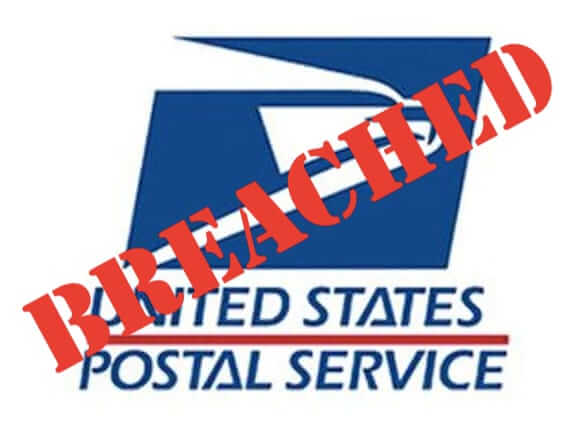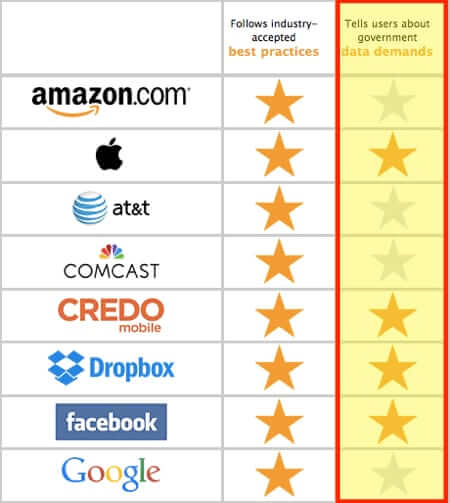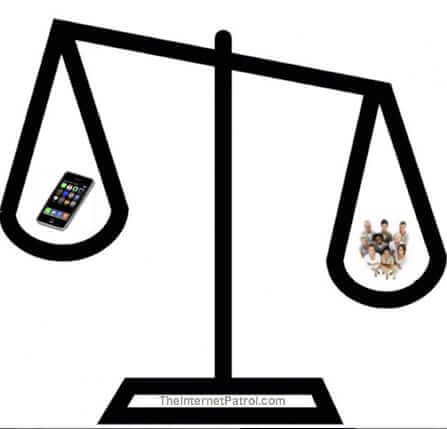Tag: u.s.
Data Breach at the Post Office: USPS Informed Delivery Service Database Exposes Data of 60million Users
Last year (in fact almost a year ago exactly) we told you about the U.S. Post Office’s new ‘Informed Delivery’ service. For those of you not familiar with the USPS Informed Delivery service, well, count your blessings. Because the postal service has experienced a serious breach, making the personal information of all 60 million plus Informed Delivery vulnerable.
State Department Forced to Remove Blog Post about Trump’s Mar-a-Lago (We Have it Here Though!)
Earlier this week the U.S. State Department wrote a love letter to President Trump’s Mar a Lago (pronounced “maralago” – yes, that does mean “sea by the lake” – hey, we didn’t name it) and posted it to their blog. They quickly got into hot water for shilling for Trump’s business – but not before several other government sites had picked up and published the article. That blog post has now been removed from all public sites – but we have it here for you in case you were curious as to what the brouhaha is about.
U.S. House of Representatives Passes Email Privacy Act
For more than four years we have been telling you that law enforcement can get to any electronic communications you have stored for more than 180 days in the cloud (and that ‘cloud’ is just a fancy word for “somebody else’s computer”). This is because the Electronics Communication Privacy Act (ECPA) only requires a subpoena in order for a governmental agency to get at those communications records that you have stored on that third-party server – they do not need a warrant.
NSA Collection of Phone Data Unconsitutional, says Federal Court – the Klayman Decision Explained
A Federal court has ruled this week that the National Security Agency’s (NSA) Bulk Telephony Metadata Program (BTMP), is unconstitutional, putting the final nail in the coffin of this iteration of the NSA’s cellphone snooping.
Why the U.S. is Concerned about Russian Submarine Activity near Undersea Internet Cables
The United States is worrying about something that they consider a new Russian threat: increased Russan submarine activity around the undersea fiber optic cables that carry Internet communications, and the potential that those submarine cables could be severed, crippling U.S. Internet operations. Whether you see this as promoting Russia as a bogeyman, or a real possibility, the reality is that history has demonstrated that undersea Internet cables can be cut, and that it wreaks havoc.
What You Need to Know about Chip and PIN or Signature Cards
As you may know, last Thursday, October 1st, was the deadline for merchants to be able to accept so-called “chip and PIN” or “chip and signature” smartcard credit cards and debit cards, with the EMV chip. Of course, while the burden is on the merchants to accept them, lots of consumers don’t actually have them, as their banks have not yet issued them a new chipped debit or credit card. Whether you already have your shiny, new chip and PIN or chip and signature card or not, here’s everything that you need to know about them.
What the new U.S. – Cuban Relationship Means for Cuba and the Internet
With the Obama administration’s plan to ease trade restrictions between the United States and Cuba, Cubanos may finally have easier access to an unrestricted Internet. At present, only 5% of Cubans have unfiltered access to the Internet, but if technology and electronics start flowing into Cuba as predicted, the Internet floodgates will open, opening up whole new avenues of communication and trade.
Microsoft Discloses Everything it Can in Wake of NSA & PRISM Leak, Asks Goverment Permission to Disclose Even More
Microsoft has disclosed that it has sought permission from the U.S. government to disclose to the public how it handles requests from the Federal government for user data. Microsoft says “We believe the U.S. Constitution guarantees our freedom to share more information with the public, yet the Government is stopping us.”
Russia Uses Snowden Situation to Push for U.N. to Take Over Control of the Internet
Russia is using the situation with Edward Snowden, the NSA and PRISM leaker, to push an agenda that would see the United Nations taking over primary control of the Internet, from the United States.
Google Releases Transparency Report Which Shows More Government Surveillance
Today Google posted some news on their blog, along with the release of their Transparency Report, which shows increasing requests from the government for private user data. In fact, the report shows that, of all the governments in the world, the U.S. leads the pack in personal information requests.
Starbucks CEO Howard Schultz Initiates Internet Grassroots Efforts, Has Baristas Write ‘Come Together’ On Cups to Encourage Lawmakers to Fix Fiscal Cliff Issue
Starbucks Chief Executive Officer Howard Schultz took to the Internet to announce an online grassroots campaign by having his DC Starbucks employees write “Come Together” on the cups of all of their customers to send a message to lawmakers about the fiscal cliff. While Internet grassroots efforts are not typically led by wealthy corporate CEOs, Schultz has instructed the baristas to write the message on the cup of each customer all this week, through December 28th.
Egypt, Libya, Romney and Obama, How the Internet Played a Role in it All
U.S. Ambassador Christopher Stevens was one of several Americans killed during attacks on the US embassy in Libya, after protesters and armed men stormed the embassy. It appears that the Internet, namely Twitter and online statements, may have been a large factor in all of this. A string of Internet events appear to have led up to the disruption, which killed a total of four Americans, including the Ambassador.
U.S. Posts Anti-al-Qaeda Propaganda on al-Qaeda Anti-U.S. Propaganda Sites
In a move that seems to be straight out of Mad Magazine’s beloved Spy vs. Spy, the United States this week says that it has been posting anti-al-Qaeda propaganda on websites used by al-Qaeda to disseminate anti-U.S. propaganda, particularly in Yemen, where al-Qaeda in the Arabian Peninsula (AQAP) has been particularly active as of late. Specifically, the U.S. altered al-Qaeda recruitment ads.
Massive Online Child Porn Ring ‘DreamBoard’ Shut Down
Score one for the good guys: the Justice Department has said that they have taken down a huge, international child pornography ring that ‘met’ on an online bulletin board known as DreamBoard, where the members in the exclusive, members-only Dream Board child porn ring would trade images and videos of children involved in sex acts, all under the age of 12, and including children as young as infants. Heartbreaking!
UK and US Look at Option for Sending Emergency Text Messages to 999 and 911 Emergency Services
The U.S. and U.K. both seem poised on the brink of allowing people to send text messages to emergency services, instead of dialing 911 (999 in the UK).










